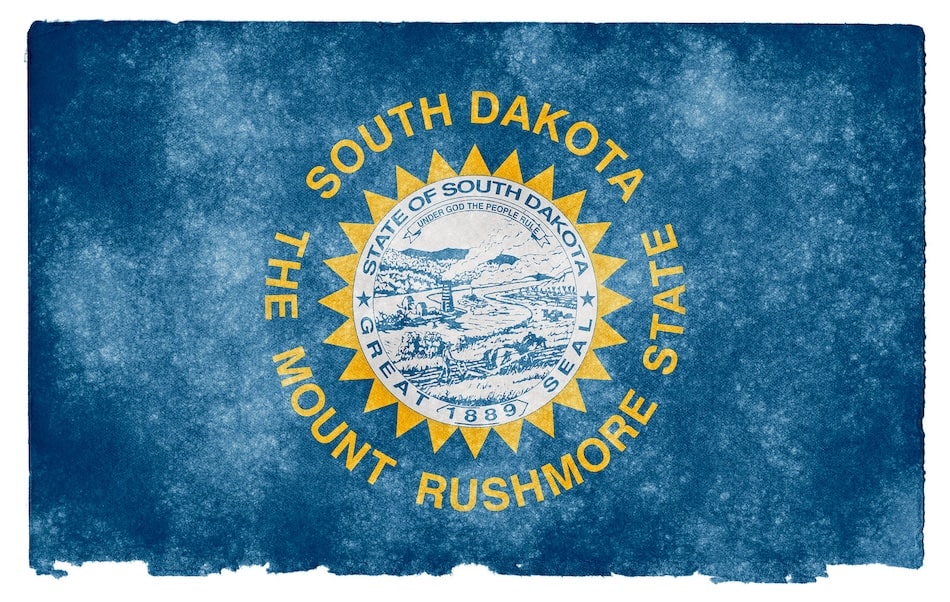
Key Takeaways
- South Dakota lawmakers rejected a Bitcoin reserve bill.
- Concerns over volatility and regulation led to the bill's failure.
- Similar bills are still under consideration in multiple states.
South Dakota’s House Commerce and Energy Committee effectively killed the Bitcoin reserve bill, HB 1202, by deferring it to the 41st legislative day—beyond the state’s 40-day session.
The vote was 9-3 against moving the bill forward.
Introduction of HB 1202
HB 1202, introduced by Representative Logan Manhart on January 30, aimed to add Bitcoin to the state’s investment portfolio as a hedge against inflation.
According to South Dakota Public Broadcasting, Manhart said:
It’s a commonsense update to South Dakota’s investment strategy by allowing a limited allocation of state funds into alternative assets that have consistently proven to preserve value.
Concerns over Bitcoin
However, state officials raised concerns over Bitcoin’s volatility and lack of regulation.
South Dakota State Investment Officer Matt Clark argued that Bitcoin lacks inherent value, stating:
Bitcoin does not have any underlying physical use. It does not generate income, much like commodities or other kinds of assets.
Similar rejections in other states
The decision follows a similar rejection in Montana, where House Bill 429, proposing a $50 million Bitcoin investment, failed 41-59.
Other states like Wyoming and North Dakota have also stalled Bitcoin investment bills.
Future Considerations
Despite these setbacks, states including Florida, Arizona, Utah, Texas, and Missouri continue to consider similar legislation.
Manhart vowed to reintroduce the bill in 2026, stating:
We will be back next year.




